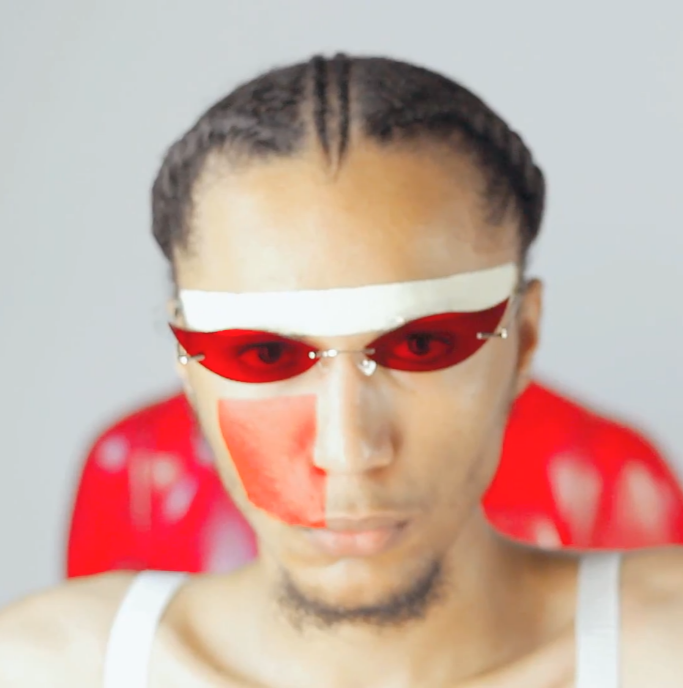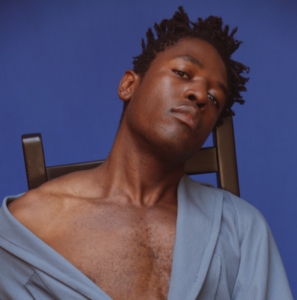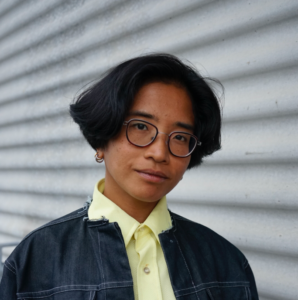The Truths
Behind Our Fragmented
Realities
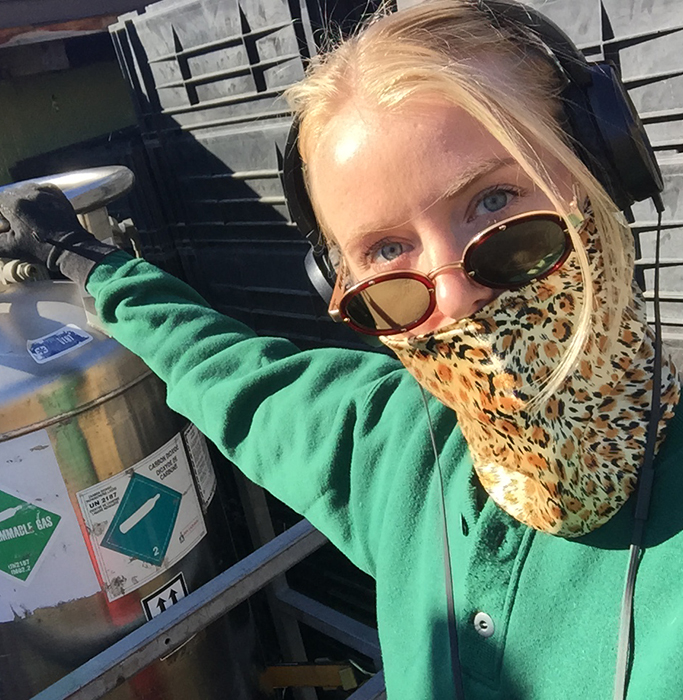
Date
Wednesday, September 9th, 2020
Location
Ashcroft, Canada
Author
Julia Kidder
Editor
Maéva Carreira
Editor-in-Chief
Tamy Emma Pepin
“I hold the very simpleminded view that everything is related to everything else-and that everyone is related to everyone else, and that every species is related to every other. The only way out of this tissue of interrelations, it seems to me, is to stop paying attention, and to substitute something else-hallucination, greed, pride, or hatred, for example-for sensuous connection to the facts. I think it is not the world’s task to entertain us, but ours to take an interest in the world.”
– Robert Bringhurst
It’s as if there are almost too many opposing realities to consider that a single reality exists at all.
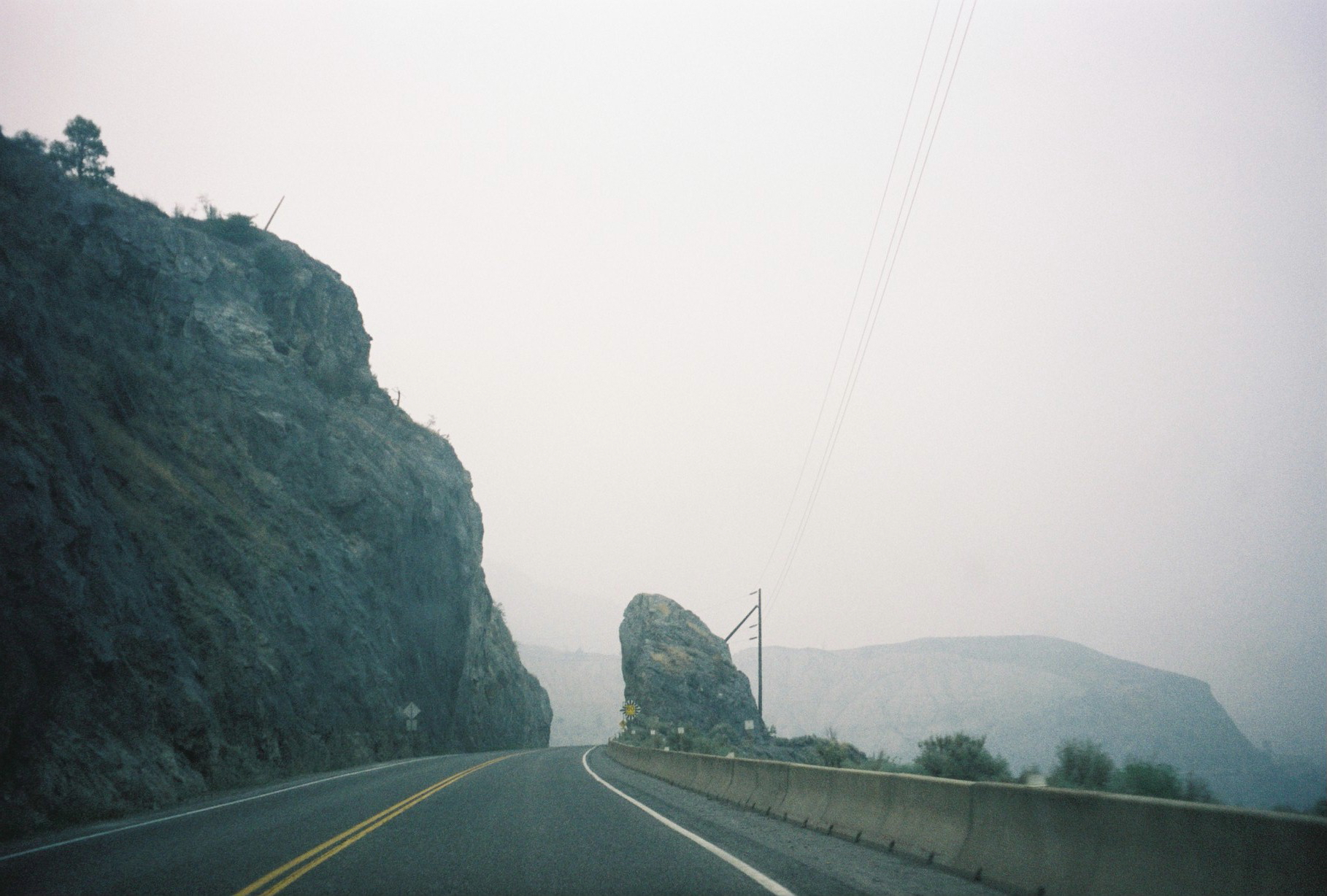
I.
II.
III.
IV.
V.
Colonial extractionist systems have legitimized a disproportionate level of structural violence against women, trans and two – spirited people – and the earth;
VI.
Globalization came with gains and losses;
VII.
My white skin has afforded me less violence, less risk, less insecurity;
VIII.
Current economies are not compatible with the accelerating interconnected crisis of global pandemics, climate change and food commodity chains.
The Bonaparte River runs through our backyard on salmon spawning grounds and a vital fishing area. Despite my grandparents living here first, I’m at odds with my own access to such a significant place. Living on unceded land between the shared boundary of Nlakapamux and Secwepemcterritories is complicated for many reasons, but mostly the obvious : I live in a place on land that was stolen, in a part of the world where Indigenous people are systematically criminalized for resisting industrial protect themselves from harm.
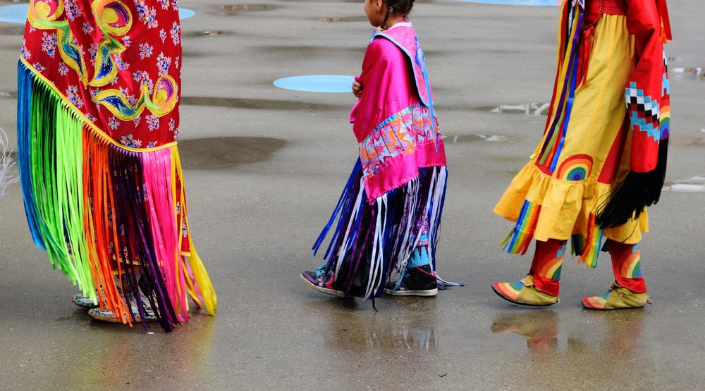
INVESTIGATION IS FREE
The exercise of imagining, and reflecting on transformation then becomes more profound than being strapped to the idea that this is all there is. Nothing is locked-in right now. It’s all up for discussion. It’s all susceptible to change.
– bell hooks, Teaching Community : A Pedagogy of Hope
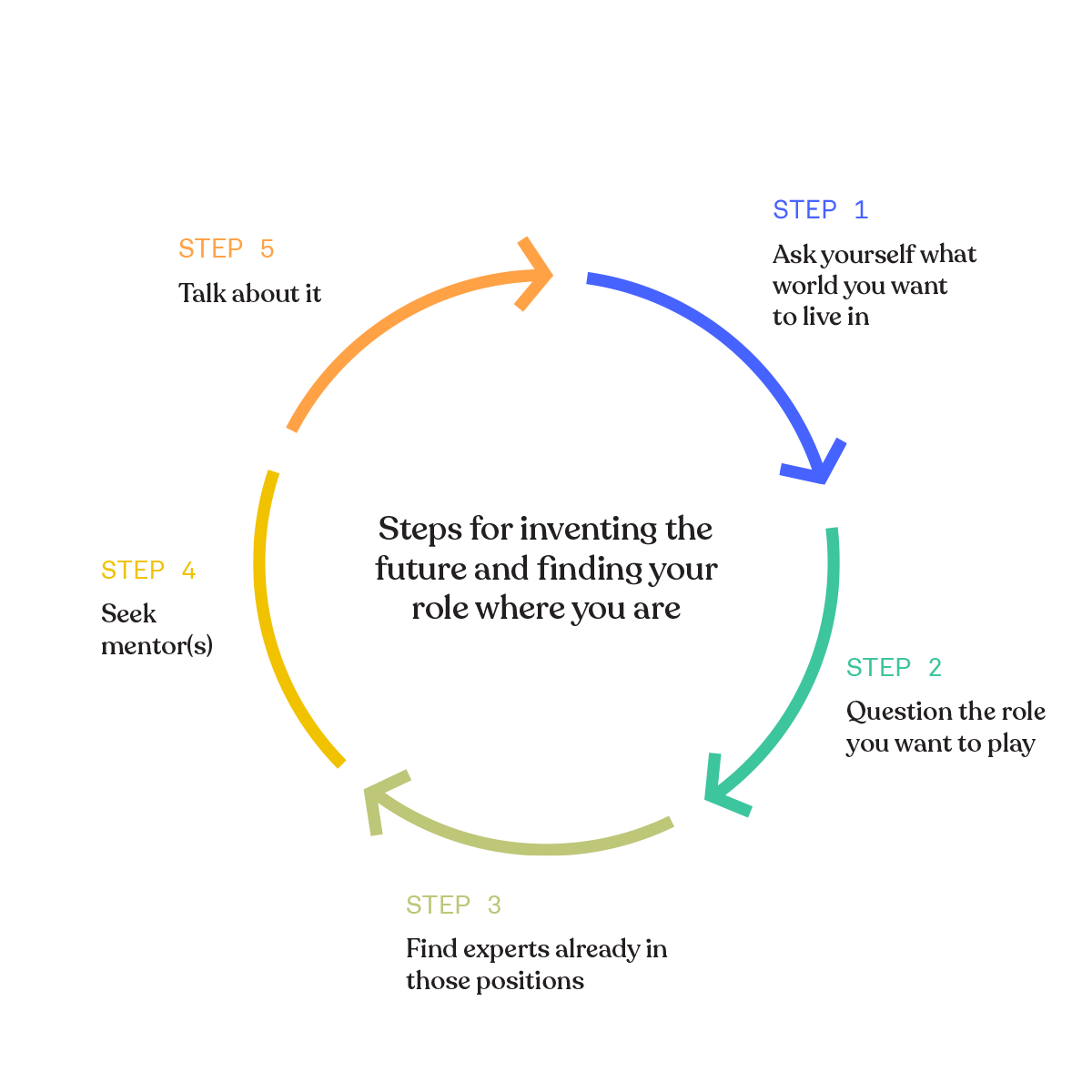
I plan backwards from perfect – What do you want the world to look like? How is it made up, who is in control? What kinds of plants or animals do you see in this world? What kinds of technologies do we use? Find your self somewhere in this perfect world you have created and begin planning backwards from there.
Step 2
Step 4
*Bear in mind that growing into adulthood during peak consumer capitalism may have instilled a sense of competition in you, or more invisibly – the need to feel unique. It’s ok to do something that somebody else already does. Do not be discouraged that you will not be coming up with a brand new idea – instead find out what play in order to empower those who have the tools and the knowledge that you see as having value, connect them with others, share their ideas. Apply that knowledge to challenges.
Step 5
Julia Kidder
@Julia Kidder
WWW.
